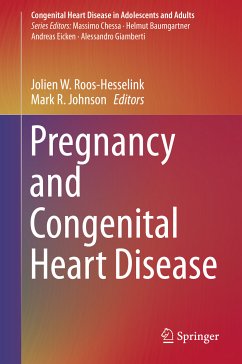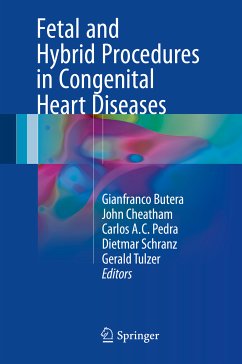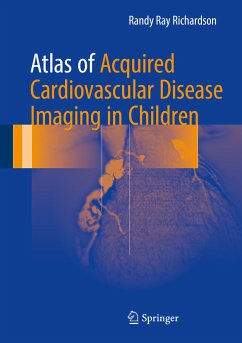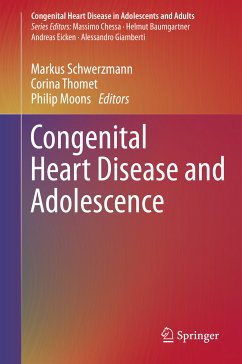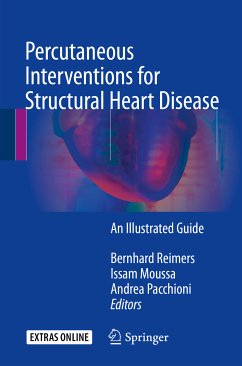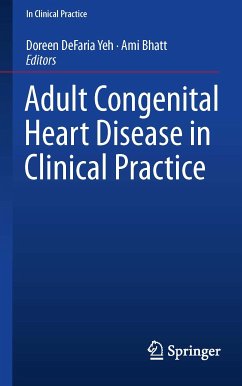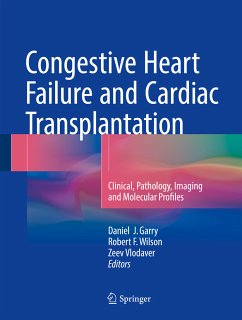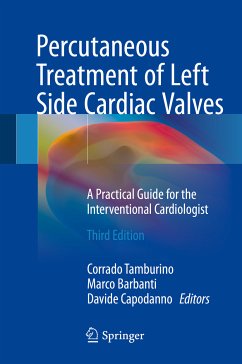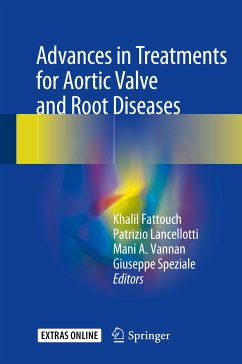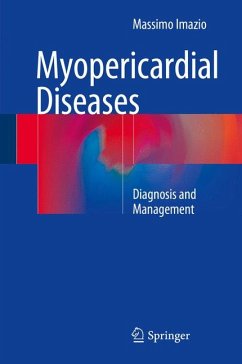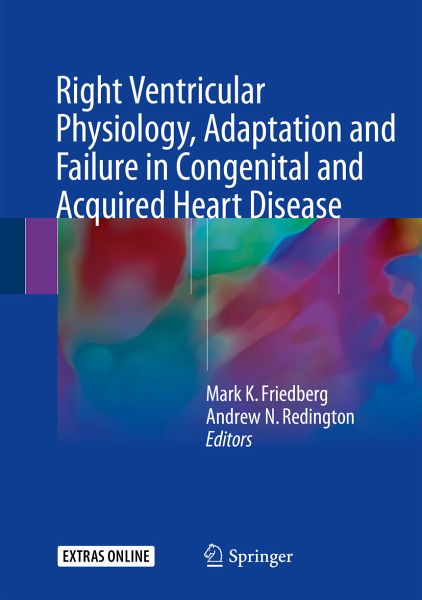
Right Ventricular Physiology, Adaptation and Failure in Congenital and Acquired Heart Disease (eBook, PDF)
Versandkostenfrei!
Sofort per Download lieferbar
120,95 €
inkl. MwSt.
Weitere Ausgaben:

PAYBACK Punkte
60 °P sammeln!
This book spans topics in both congenital and acquired right heart disease providing readers with detailed information on the physiology, anatomy and myocardial mechanics of the right ventricle (RV), while describing the use of echo and MRI imaging to diagnose, and new developments in surgery and cardiac catheterization to treat.Right Ventricular Physiology, Adaptation and Failure in Congenital and Acquired Heart Disease includes extensive discussion of RV-pulmonary interactions, pulmonary hypertension and ventricular-ventricular interactions, including specific topics in embryology, fetal RV ...
This book spans topics in both congenital and acquired right heart disease providing readers with detailed information on the physiology, anatomy and myocardial mechanics of the right ventricle (RV), while describing the use of echo and MRI imaging to diagnose, and new developments in surgery and cardiac catheterization to treat.
Right Ventricular Physiology, Adaptation and Failure in Congenital and Acquired Heart Disease includes extensive discussion of RV-pulmonary interactions, pulmonary hypertension and ventricular-ventricular interactions, including specific topics in embryology, fetal RV function, RV mechanics, pathophysiology of RV adaptation/ failure, molecular aspects of RV dysfunction, congenital heart disease, pulmonary arterial hypertension, pulmonary valve replacement, stem cell and future therapies.¿ It is thus important reading for all cardiovascular medicine professionals, but especially pediatric cardiologists and surgeons, those who manage t
hese patients in the cardiac care unit and investigators studying the RV.
Right Ventricular Physiology, Adaptation and Failure in Congenital and Acquired Heart Disease includes extensive discussion of RV-pulmonary interactions, pulmonary hypertension and ventricular-ventricular interactions, including specific topics in embryology, fetal RV function, RV mechanics, pathophysiology of RV adaptation/ failure, molecular aspects of RV dysfunction, congenital heart disease, pulmonary arterial hypertension, pulmonary valve replacement, stem cell and future therapies.¿ It is thus important reading for all cardiovascular medicine professionals, but especially pediatric cardiologists and surgeons, those who manage t
hese patients in the cardiac care unit and investigators studying the RV.
Dieser Download kann aus rechtlichen Gründen nur mit Rechnungsadresse in A, B, BG, CY, CZ, D, DK, EW, E, FIN, F, GR, HR, H, IRL, I, LT, L, LR, M, NL, PL, P, R, S, SLO, SK ausgeliefert werden.



